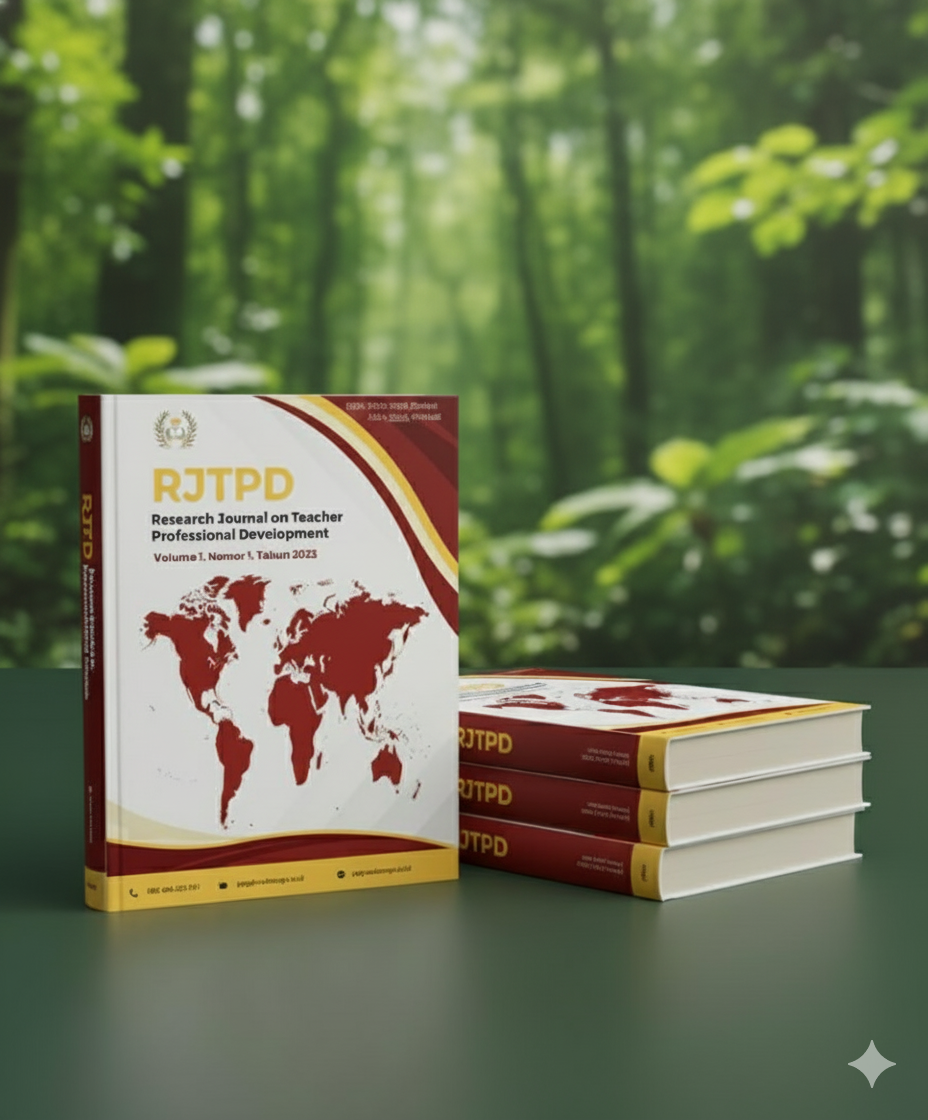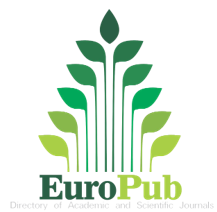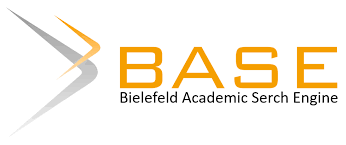Application of the Problem Based Learning Model in Increasing Student Activity and Learning Outcomes in Beautiful Materials Mutual Respect
DOI:
https://doi.org/10.21580/rjtpd.v3i01.24881Abstract
This research aims to increase the activeness and learning outcomes of grade V students in the material "The Beauty of Mutual Respect" at SD Negeri Srondol Wetan 04 Semarang City for the 2024/2025 Academic Year through the application of the Problem Based Learning (PBL) learning model. This research is a Class Action Research (PTK) which is carried out in two cycles, namely cycle 1 and cycle 2. Each cycle consists of planning, implementation, observation, and reflection stages. Data was collected through observation, learning outcome tests, and documentation. The results of the study show that the implementation of PBL is able to significantly increase student activity and learning outcomes. Student activity increased from an average score of 40 in the first cycle to 70 in the second cycle. Similarly, student learning outcomes showed an increase with the average score rising from 55 in cycle I to 80 in cycle II. The implementation of PBL has a positive impact on students' motivation, active participation, and critical thinking skills. Thus, the PBL learning model can be implemented as an alternative effective learning strategy to improve the quality of learning in elementary schools.
Downloads
References
Abidin, Learning System Design in the Context of the 2023 Curriculum, Bandung: Refika Aditama, 2014.
Ahmad Susanto, Theory of Learning and Learning in Elementary Schools, Jakarta: Kencana, 2016.
Anni, C. T. (2007). Psychology of Learning. Semarang: UPT MKK UNNES.
Arends, R. I. (2012). Learning to Teach (9th ed.). New York: McGraw-Hill.
Arends, R. I., & Kilcher, A. (2010). Teaching for Student Learning: Becoming a Master Teacher . New York: Routledge.
Arikunto, S. (2013). Research Procedure A Practical Approach. Jakarta: Rineka Cipta.
Asep Jihan and Abdul Haris, Learning Evaluation, Yogyakarta: Multi Pressindo, 2013.
Dakhi, A. S. (2020). Improvement of student learning outcomes. Journal of Education and Development, 8(2), 468-468.
Dimyati and Mudjiono, Learning and Learning, Jakarta: Rineka Cipta, 1999.
Djamarah, S. B., & Zain, A. (2006). Teaching and Learning Strategies. Jakarta: Rineka Cipta.
Gagne, R. M. (1985). The Conditions of Learning and Theory of Instruction (4th ed.). New York: Holt, Rinehart and Winston.
Hamdani. (2011). Teaching and Learning Strategies. Bandung : Pustaka Setia
Hasanah, Z., & Himami, A. S. (2021). Cooperative learning model in fostering student learning activity. Irsyaduna: Journal of Student Studies, 1(1), 1-13.
Herminarto Sofyan, Problem Based Learning in the Implementation of the 2013 Curriculum in Vocational Schools, (Yogyakarta: Journal of Vocational Education, Volume 6, No 3, 2016), p. 265-266
Irnawati, I., Efendi, Y., & Movitaria, M. A. (2021). Application of the Problem Based Learning Model to Improve the Learning Outcomes of Islamic Religious Education for Elementary School Students. Attadrib: Journal of Teacher Education Madrasah Ibtidaiyah, 4(2), 81-88.
Jacub, T. A., Marto, H., & Darwis, A. (2020). The Problem Based Learning learning model in improving social studies learning outcomes (a classroom action research study at SMP Negeri 2 Tolitoli). Scientific Tolis: Research Journal, 2(2).
Kunandar, Professional Teacher of Curriculum Implementation at the Education Unit Level (KTSP), Jakarta: Raja Grafindo Persada, 2008.
M. Ngalim Purwanto, Educational Psychology, Bandung: Remaja Rosda Karya, 2002.
Mulyasa, E. (2013). Development and Implementation of the 2013 Curriculum. Bandung: PT Remaja Rosdakarya.
Muslich, M. (2011). Curriculum and Learning. Jakarta: Bumi Aksara.
Nana Sadjana, Assessment of the Results of the Teaching and Learning Process, Bandung: Remaja Rosdakarya, 2012.
Ngalimun, Strategy and Model of Dispersion, Aswaja Pressindo: Yogyakarta, 2013.
Numan, A. Z., Rosyid, A. M., Kustowo, A., Hakiman, H., Suluri, S., & Alwiyah, N. (2022). Efforts to improve learning outcomes of PAI subjects of buying and selling materials through the application of the Problem Based Learning model. Academic Nuances: Journal of Community Development, 7(2), 383-396.
Paryanti Sudarman, Effective Learning in Higher Education, Rosdakarya Youth, Bandung: 2004.
Rerung, N., Sinon, I. L., & Widyaningsih, S. W. (2017). The application of the Problem Based Learning (PBL) learning model to improve the learning outcomes of high school students in business and energy materials. Al-Biruni Scientific Journal of Physics Education, 6(1), 47-55.
Ruseffendi, E. T. (2005). Fundamentals of Educational Research and Other Non-Exact Fields. Bandung: Tarsito.
Rusman, Learning Models: Developing Teacher Professionalism, Jakarta: Raja Grafindo Persada, 2019.
Russian. (2012). Learning Models: Developing Teacher Professionalism. Jakarta: Rajawali Press.
Sanjaya, W. (2013). Learning strategies are oriented to the standards of the educational process. Jakarta: Kencana Prenada Media Group.
Sardiman, A. M. (2012). Interaction and Motivation of Teaching and Learning. Jakarta: RajaGrafindo Persada.
Shoimin, Aris. 2014. 68 Innovative Learning Models in the 2013 Curriculum. Yogyakarta: AR RUZZ MEDIA
Slavin, R. E. (2015). Educational Psychology Review , 27(1), 1–18. https://doi.org/10.1007/s10648-014-9273-5
Sudjana, N. (2010). Assessment of the results of the teaching and learning process. Bandung: PT Remaja Rosdakarya.
Sugiyono. (2013). Educational Research Methods: Quantitative, Qualitative, and R&D Approaches.
Supriatna, E. (2020). The application of the problem-based learning (PBL) learning model to improve student learning outcomes. Journal of Classroom Action Research, 2(1), 15-19.
Suprijono, A. (2012). Cooperative Learning: Paikem Theory and Application. Yogyakarta: Pustaka Belajar.
Suprijono, A. G. (2013). Cooperative Learning: Theory and Application of PAIKEM . Yogyakarta: Student Library.
Sutrisno, B. (2012). Active Learning in the 2013 Curriculum. Yogyakarta: Pustaka Belajar.
Syaiful Bahri Djamarah, Psychology of Learning, Jakarta: Rineka Cipta, 2002.
Compilation Team of the Great Dictionary of the Center for Language Development and Development of the Ministry of Education and Culture, Great Dictionary of Indonesian, Balai Pustaka, Jakarta, 1994.
Trianto. (2010). Designing an Innovative-Progressive Learning Model: Concept, Foundation, and Implementation in the Curriculum at the Education Unit Level (KTSP). Jakarta: Kencana Prenada Media Group.
Zainal Asri, Micro Teaching, Jakarta: Rajawali Press, 2017.
Downloads
Published
Issue
Section
License
Copyright (c) 2025 Muhammad Abdul Nafi'

This work is licensed under a Creative Commons Attribution-NonCommercial-ShareAlike 4.0 International License.
The copyright of the received article shall be assigned to the journal as the publisher of the journal. The intended copyright includes the right to publish the article in various forms (including reprints). The journal maintains the publishing rights to the published articles. Authors are allowed to use their articles for any legal purposes deemed necessary without written permission from the journal with an acknowledgment of initial publication to this journal.
















